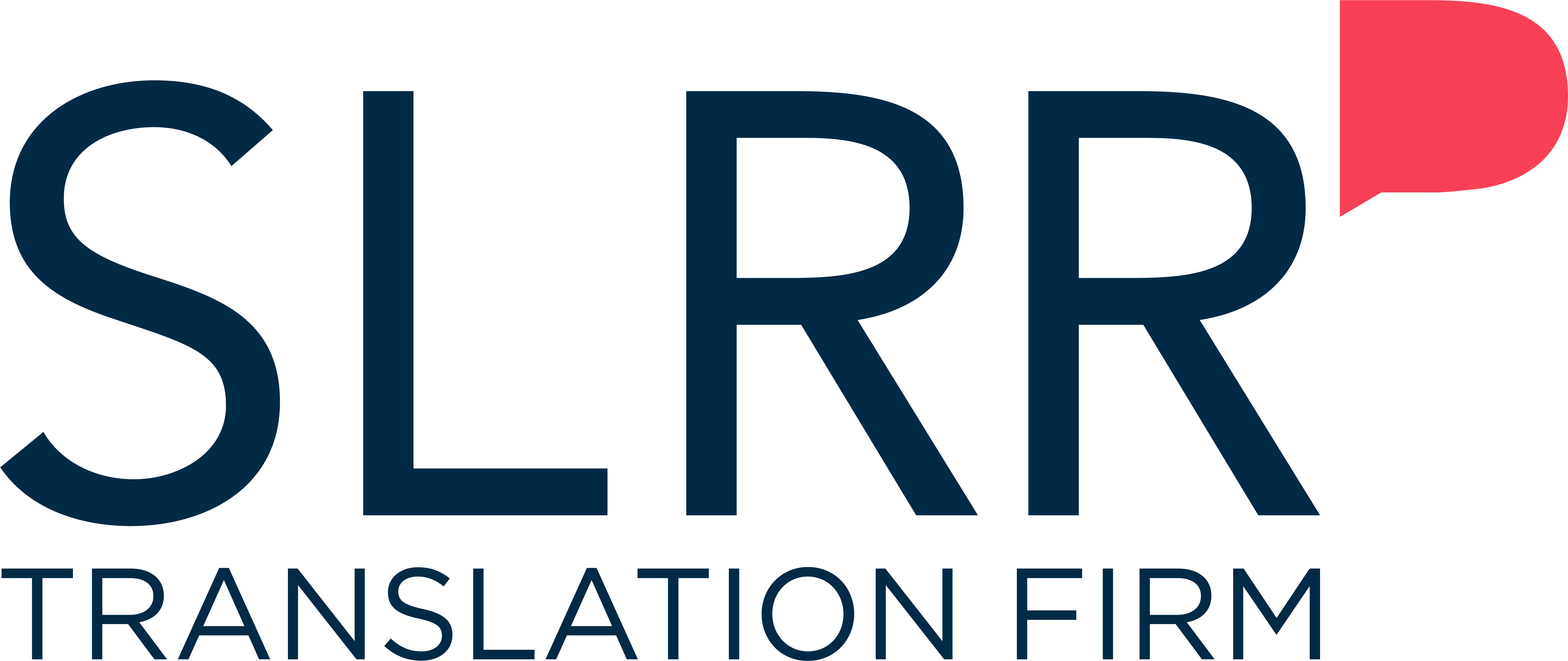
Legal translation is a world of its own in the translation universe. This area of specialization requires skills and knowledge in the fields of both language and law. Here are five components required for a good legal translation:
1. Legal translation requires a solid understanding of the language of the law.
Legal language has a unique style that involves a great deal of precision and subtlety. This language is not limited to specialized terms; it also has field-specific turns of phrase and expressions. Translators must know these conventions to produce a clear, accurate legal translation. In addition, translators must know the conventions that apply to different types of documents: contracts, shareholder agreements, judgments, etc.
2. Legal translation requires a solid understanding of legal systems.
Translators must know the distinctive aspects of different areas of the law (criminal, commercial, family, international, etc.) and the sources of information that can be consulted for each area. In the Canadian context, translators must understand the country’s two legal systems: the civil law of Quebec and the “common law” of the other Canadian provinces. In an international context, the many agreements and cross-border contracts require translators to know the legal systems and practices of the countries in question and to adapt their translations accordingly.
3. A good translation is adapted to the target language’s conventions.
Legal language conventions differ from one language to another. Some degree of adaptation of the text is needed in the target language. The text should be idiomatic, i.e., written in a natural, normal language. In other words, legal translation should not be literal (word-for-word), but rather faithfully reproduce the original text’s meaning in language that seems natural to readers. Above all, legal texts must be clear and free of ambiguities.
4. Legal translation requires effective communication between the client and translator.
It is important for clients to explain the context of their requests to the translation agency. The translator needs to know why the document must be translated and who will read it. In general, the same approach is not taken for texts intended for the public as for lawyers specializing in the area. In addition, the customer must work with the translator on issues related to the interpretation and meaning of the source text.
5. Sometimes a translation also requires an attestation or certification.
In some contexts, you must obtain what is called a “certified” translation. This is the case, for example, for documents presented as evidence in court or certain documents submitted to government authorities for official purposes, which is another reason to use a professional translation agency for your legal translation needs.
Do not hesitate to contact SLRR if you have questions about legal translation. We will be happy to inform and advise you.




